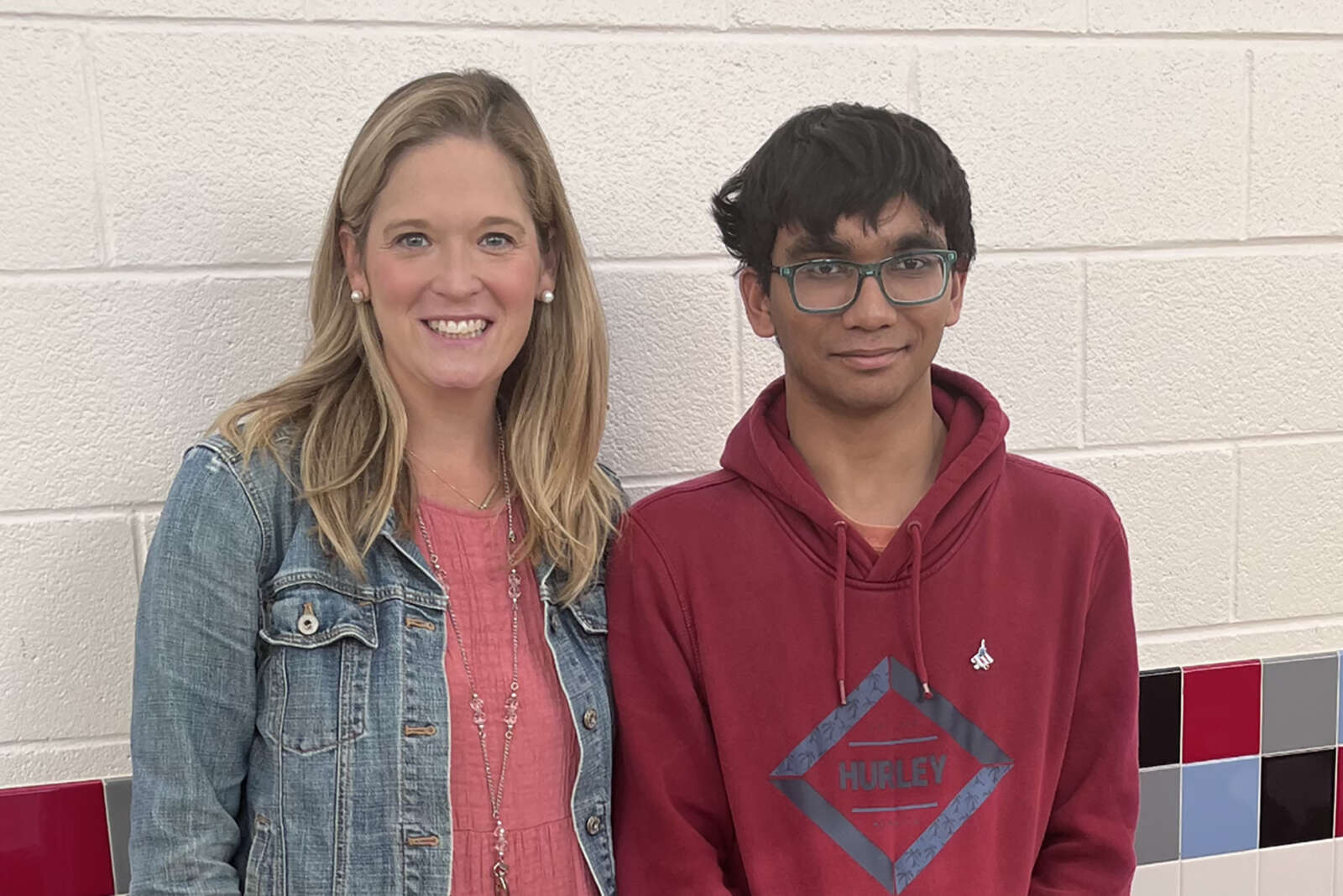
Alexandria City High School senior Mohommed Abir Rhaman was shocked when he was notified last month that he got a perfect score on the Advanced Placement U.S. History Exam.
The notoriously grueling exam takes more than three hours to finish, and Rhaman is one of 13 students in the world who aced it this year, according to Alexandria City Public Schools.
“I was very shocked,” Rhaman said, of learning his score last month. “This was very early in the morning and I was in school, and I just opened my email and just saw all of a sudden while being in a tired state while my teacher was talking in class. I had to conceal my excitement. Not to be rude, just to not disturb anybody, but I was very, very excited.”
The exam, which Rhaman took in May, generally covers the history of the Americas from Christopher Columbus landing in 1492 to the present. It’s split into three parts — 55 minutes to answer 55 multiple choice questions; 40 minutes for short answers to two questions; and an hour-and-40 minutes to write an essay.
“I can confidently say that the month leading up to the test so throughout April, I probably spent well over a couple hundred hours studying for it,” Rhaman said. “And throughout the school year, I spent a lot of time like studying for mainly AP U.S. History, just mainly because history as a subject doesn’t come to me as easily as like math or science.”
Rhaman is currently taking AP English literature, AP U.S. government, AP computer science, AP calculus, AP economics and AP physics. He’s also applying to colleges and wants to study quantum physics.
“My main interest about physics is just like, it’s kind of an attempt by mankind to try to learn more about the world and try to explain why things are the way they are, and try to expand our boundaries and to what we know or at least what we know that we don’t know,” he said.

